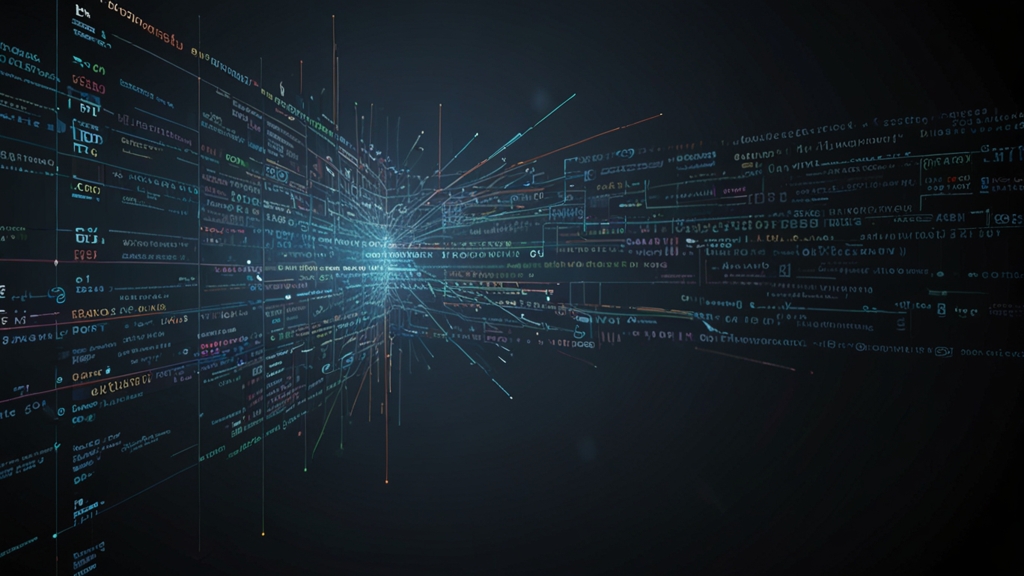The Dark Web Exposed: What Happens to Your Data After You Click?
The digital age brings both convenience and peril. We enjoy seamless online transactions, instant communication, and an endless supply of information, but lurking in the shadows is the dark web—a concealed part of the internet where your data, once innocently entered into a form, might end up. Understanding what happens to your data after you click is essential for safeguarding your privacy.
Understanding the Dark Web
The dark web is a portion of the deep web, existing on encrypted networks and only accessible via specialized browsers like Tor. Unlike the surface web that is indexed by search engines, the dark web's contents are hidden from public view. It is a notorious marketplace for illegal activities, including the trade of stolen personal data.
How Your Data Ends Up on the Dark Web
Your personal data can end up on the dark web through various channels. Here’s a breakdown of how this happens:
- Data Breaches: Cyberattacks on large organizations can expose millions of users' data. These breaches are common sources of personal information on the dark web.
- Phishing Scams: Cybercriminals use deceptive emails or websites to trick you into providing sensitive information, which is then sold or traded on the dark web.
- Malware: Malicious software can infiltrate your devices, stealing data and sending it back to the attacker’s server.
The Journey of Stolen Data
Once your data is harvested, it embarks on a perilous journey through various layers of illegality:
“Stolen credentials are grouped and sold in bulk on darknet markets, often categorized by type—such as banking details, email accounts, or social security numbers.”
From here, criminals purchase this data to commit fraud, steal identities, or launch further attacks. Payment and personal information can be used to make unauthorized purchases, open accounts in your name, or create fake identities. Entire infrastructures exist to facilitate these transactions, including escrow services to ensure "trust" among criminals.
The Impact on Individuals and Organizations
The consequences of your data reaching the dark web are severe:
- Identity Theft: Fraudsters can leverage your personal data to assume your identity, leading to financial losses and reputational damage.
- Financial Fraud: Stolen financial details can lead to unauthorized transactions and depleted accounts.
- Privacy Invasion: Sensitive information being publicly traded can cause emotional distress and privacy concerns.
“The repercussions of a data breach extend beyond the individual, impacting businesses and endangering operational security.”
For organizations, data breaches can result in financial penalties, loss of customer trust, and significant reputational harm. Businesses must adopt rigorous security measures to protect customer data from leaking onto the dark web.
Protecting Yourself from Dark Web Exposure
To minimize the risk of your data ending up on the dark web, consider these proactive steps:
- Use Strong Passwords: Employ complex, unique passwords for your accounts and change them regularly.
- Enable Two-Factor Authentication (2FA): Add an extra layer of security to your accounts.
- Stay Informed: Be cautious of phishing scams and suspicious links.
- Monitor Your Accounts: Regularly check your bank statements and credit reports for unauthorized activity.
- Invest in Security Software: Employ robust antivirus and anti-malware solutions.
Conclusion
Understanding what happens to your data after you click is crucial for personal and organizational security. The dark web is a formidable adversary, but with vigilance and proactive security measures, you can significantly reduce the risk of your data being exploited. Stay informed, stay secure, and safeguard your digital presence from the dark web's reach.









